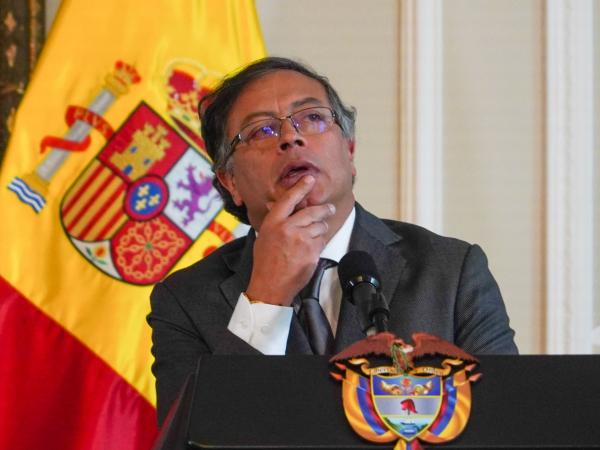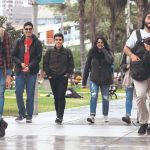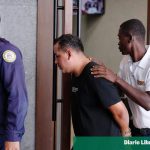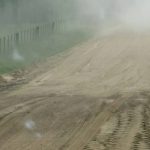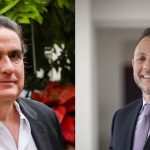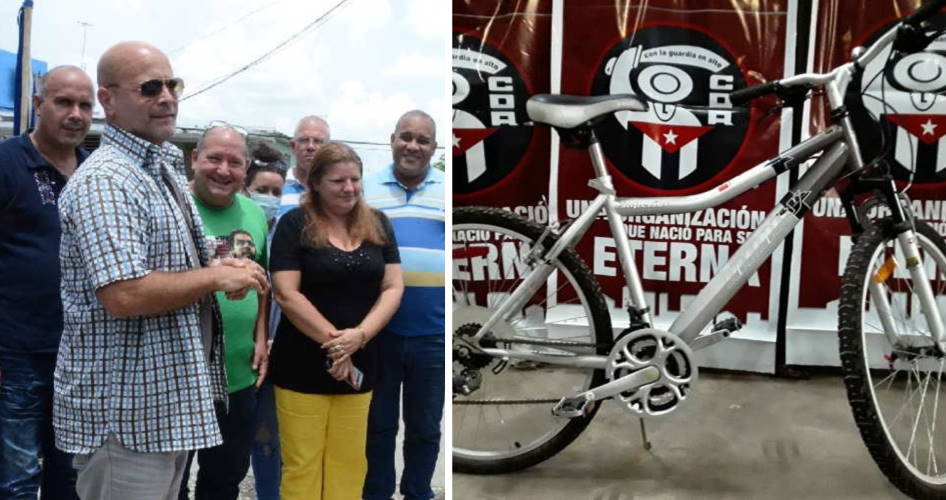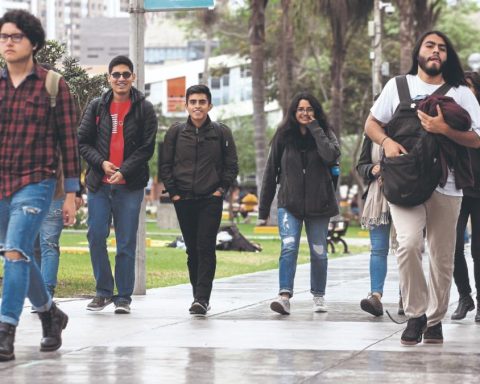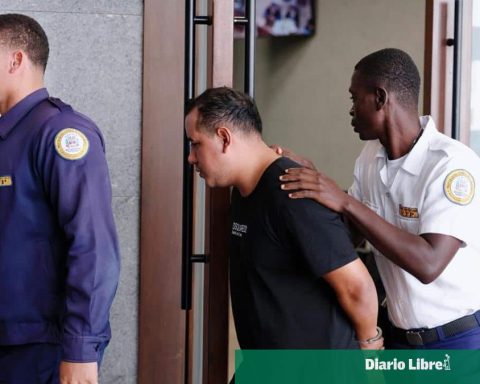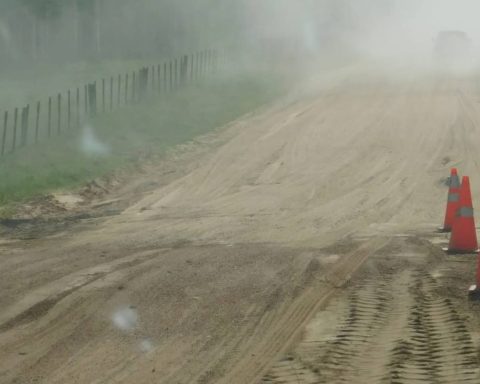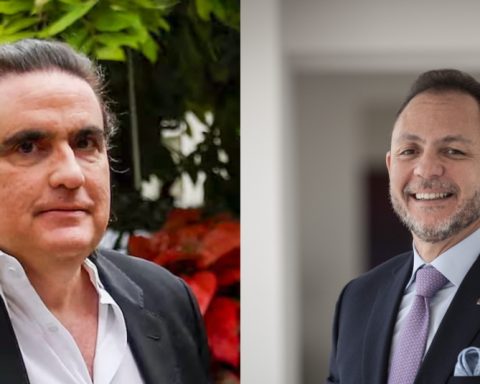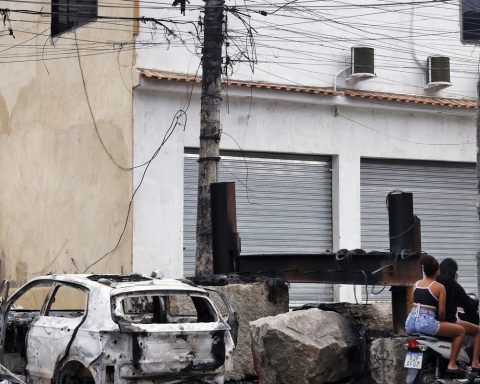During this week, the president Gustavo Petro He sent several signals about what the anti-drug policy will be like in his government and made several calls for drug traffickers to cooperate with the State and not repeat their crimes.
(They launch benefits to substitute illicit crops).
The first of these signs was launched on Wednesday, when he proposed to the US to change drug policy so that those who traffic drugs cooperate with the State and do not reoffend with the commitment that not be extradited to the North American country, even if they are required for drug trafficking charges.
This was stated by the Colombian Head of State during a joint statement with the President of the Spanish Government, Pedro Sánchez, who visited Colombia, when explaining measures to achieve total peace.
“With the US Government (…) we said that among the four points that we proposed to change drug policies, the first point has to do with extradition”Peter revealed.
The president assured that they proposed to the US delegation that “drug trafficker who does not negotiate with the State, will be extradited; drug trafficker who negotiates with the State and reoffends, will be extradited without any type of negotiation with the US.”
Nevertheless, “Drug trafficker who negotiates legal benefits with the Colombian State and definitively ceases to be a drug trafficker, is not extradited”, he added.
A US delegation, led by the director of the White House Office of National Drug Control Policy, Rahul Gupta, visited Colombia and had meetings with Petro and various ministers on issues such as the climate crisis, rural development and the problem of poverty. drugs, which are key points on the new bilateral agenda.
The Colombian president did not want to reveal the rest of the points that they proposed, but he stressed that they will continue in talks in the US to reform a drug policy that Petro assures has been a failure.
Suspension of fumigation of illicit crops
A day later, that is to say this Thursday, President Petro said that the suspension of aerial spraying of illicit crops with glyphosate does not mean that peasants have been given permission to plant more coca.
“Suspending aerial fumigation for illicit crops is not permission to plant more coca plants. The PNIS (Comprehensive National Program for the Substitution of Illicit Crops) must be implemented immediately, along with land substitution and agro-industrialization projects for licit crops owned by the peasantry.”said the president on Twitter.
(The ‘narcomenudeo’ moves 6 billion pesos a year).
Petro added that the monthly payments for “revitalize the jungle” They will be part of the PNIS mechanisms in nature reserves.
“Where voluntary crop substitution agreements are not carried out, forced eradication proceeds,” Petro clarified.
The president had already explained on Wednesday —in a statement with the President of the Spanish Government, Pedro Sánchez— that the objective of reviving the PNIS is “intensify the dialogue between the State and the Colombian coca-producing peasantry, which is the most geographically marginalized in the country”, for “build crop substitution alternatives”.
The White House Office of National Drug Control Policy (ONDCP) said in July that Colombia produced 972 tons of cocaine last year, 2.2% less than the 994 tons in 2020, and registered 234,000 hectares of cultivation, 4.5% less than the 245,000 of the previous year.
Petro’s clarification came just two days after the police announced that they will now prioritize manual eradication and the voluntary substitution of coca crops, in concerted actions with the communities to fight drugs.
“What we are applying is voluntary eradication in certain places where we have had a field meeting of certain members of the institution and other State entities to motivate voluntary eradication and substitution,” said the new director of the Police, General Henry Sanabria, in an interview with EL TIEMPO.
The senior official stressed that the decision taken is intended to guarantee the least impact on the people who “They owe less on drug trafficking.”
The Constitutional Court ordered the suspension of aerial use of glyphosate seven years ago based on the argument that the herbicide can be carcinogenic to humans and also cause damage to the environment, as warned by the World Health Organization (WHO).
The government of Juan Manuel Santos ordered in 2015 to stop this practice and later, in 2017, the high court suspended the aerial fumigation of illicit crops. However, it left open the possibility of reauthorizing spraying with glyphosate. “which is not prohibited, since it is used in agriculture and gardening, but its use by aerial spraying is” in the fight against drugs if the Government meets six environmental health requirements.
The Government of Iván Duque reopened the controversy last year, when it approved a series of decrees that regulated the aerial spraying of illicit crops and ordered the relevant ministries and instances to move to achieve the health and environmental requirements that the Justice required to be able to take them back However, last January the Constitutional Court overturned a new attempt by the Duque executive to resume aerial spraying of illicit crops with glyphosate, while reaffirming the need for prior consultation in the affected communities.
BRIEFCASE
With information from EFE
